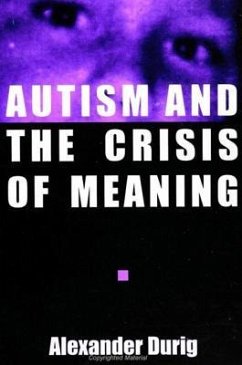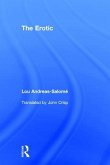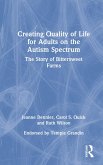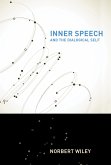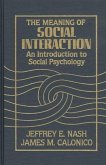Provides a comprehensive understanding of the informal logics of meaningful perception and autistic perception, which promises to pave the way for social scientists to begin addressing the subjective human experience in logical terms. Autism and the Crisis of Meaning presents a systematic way of understanding the logic of meaningful perception in everyday life. Working from concepts of formal logic and logical inference, the author suggests that informal logics of social inferencing may address part of the way we organize our perceptions in social life. By discussing the way our social inferencing reflects inductive, deductive, and abductive logics, the social inferencing theory of meaningful perception is shown to entail a theory of autistic perception. Durig shows that everyday meaningful perception may be organized largely by a balanced ratio of inductive to deductive logics, and that autistic perception is comprised of significantly higher levels of deductive social inferencing relative to inductive social inferencing. This perception theory is capable of addressing the five core behaviors associated with autism. By presenting meaningful perception and autistic perception in terms of ratios of social inferencing, Durig introduces a concept of slight autism: an individual may have normative inductive social inferencing, and super deductive social inferencing, thus accounting for a highly intelligent person who nevertheless has difficulty expressing themselves in formal social situations.
Bitte wählen Sie Ihr Anliegen aus.
Rechnungen
Retourenschein anfordern
Bestellstatus
Storno

